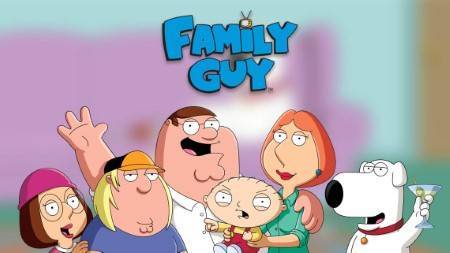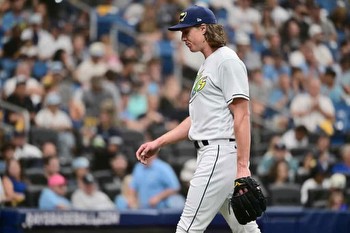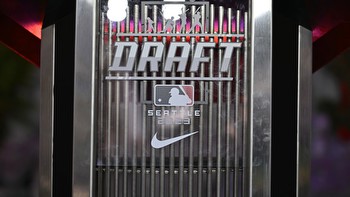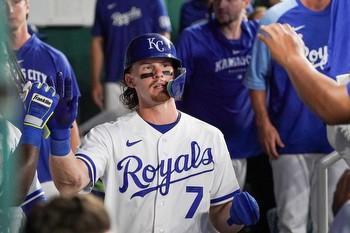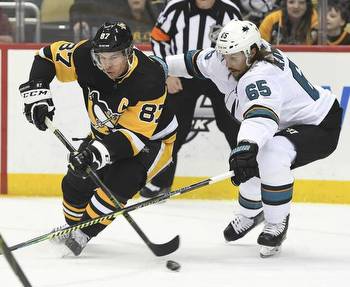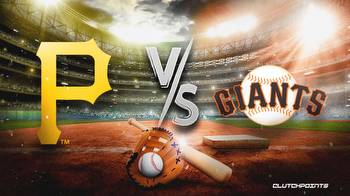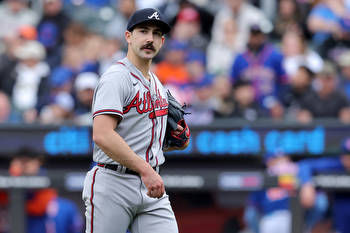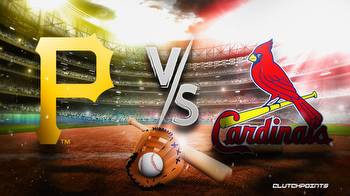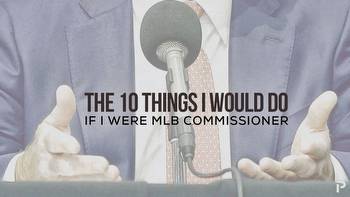Be thankful the Pittsburgh Steelers play in a league with a salary cap
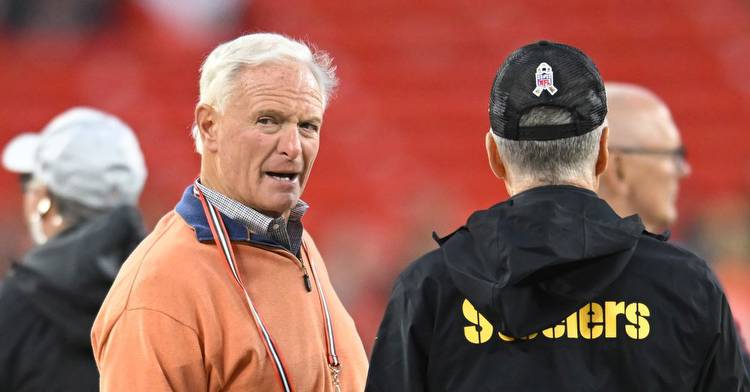
The Pittsburgh Pirates, my Pittsburgh Pirates, a Major League Baseball franchise, are currently honing their skills for the upcoming 2023 campaign at spring training in Bradenton, Florida.
Any mention of the Pirates, those Battlin’ Buccos, almost always brings out the cynics and/or jokesters.
“They suck!” they say.
“Bob Nutting should sell (or sale!) the team!” others insist.
Then, there are those who twist themselves into knots trying to dispute the real problem with the Pittsburgh Pirates and why they haven’t won a postseason series since disco was still in fashion: The lack of a salary cap in MLB.
This kind of knot-twisting usually starts arguments between the pro-cap and anti-cap factions (usually small-market vs. big-market fans).
And it’s not that the anti-cap people are necessarily against salary control for evil reasons. They just don’t think it is necessary for baseball, despite the fact that teams in the bigger markets have an inherent advantage over the franchises in the smaller markets.
No, a big television contract doesn't guarantee anything—the Angels, Mets and Cubs (at least until recently) are great examples of why—but it sure is nice to have those kinds of resources once you do get your act together.
These so-called experts (I call them Yankee apologists) try to hit pro-cap people with all of these numbers and data that claim to debunk the need for salary control.
Again, there are exceptions. For example, the St. Louis Cardinals always seem to do okay for themselves despite having a local television contract that’s dwarfed by the likes of the Dodgers and Yankees, but that doesn’t mean the system isn’t flawed.
All I know is this: MLB is the only major professional sports league in America without a salary cap. The other three sports leagues—the NFL, NHL and NBA—decided a long time ago that a cap was the best way to do business.
I also know this: The Pittsburgh Penguins have won five Stanley Cups since 1991, and they’ve had arguably the best player in the sport—Mario Lemieux, Jamir Jagr and Sidney Crosby—on their roster for the vast majority of years dating back to 1984.
The Pirates haven’t even been to the World Series since I was 7.
This is also a dose of reality for the high and mighty Pens fans: The Penguins would be where the Pirates are—or possibly Canada—if not for the NHL’s decision to adopt a salary cap nearly 20 years ago.
Other examples:
The Milwaukee Bucks are recent NBA champions, while the Green Bay Packers signed quarterback Aaron Rodgers to a three-year, $150,000,000 contract prior to the 2022 campaign.
Meanwhile, the Milwaukee Brewers have only been to the World Series once, and that was way back in 1982.
I could cite more examples involving teams from Cincinnati and Kansas City, but I will do that later.
The Steelers are struggling to get back to relevancy right now, but their issues have nothing to do with the economics of the NFL. Why? Because the powers that were in the Before Time—including the owners and Pete Rozelle, the transformative commissioner—knew that slicing the television pie into equal amounts was the best way to go.
Would the Steelers be the Steelers without that kind of financial structure in place today? It’s doubtful.
And it’s a good thing the NFL took things a step further in the 1990s.
Just like the Pirates, things could have quickly gone downhill for the Steelers in the early-’90s if the NFL owners decided to cave into the players’ demands for unrestricted free agency (rightfully so, I might add) but without also adding a salary cap to keep teams in check.
Every team in the NFL is equipped with the same tools. How they use them determines their success. The Bengals went 30 years without a playoff win, but they earned it. They weren’t the product of a financial system that forced them to operate under a different set of rules than teams like the Giants, Patriots and Cowboys.
Pirates fans and cynics think that ridding themselves of Nutting as the team’s owner is the solution. Unfortunately, the Buccos have been through four ownership groups since I was 12, and they’ve all operated the same way: Frugally.
That’s not a coincidence.
It’s also not a coincidence that the Reds, A’s, Orioles, Twins and Royals—like the Pirates, they spent decades as consistent winners and made it to multiple World Series in the '70s, '80s and early-'90s--all stopped being elite organizations around the same time.
The Royals, a true juggernaut in the 1970s and half of the 1980s, regressed into one of baseball’s worst teams for close to 30 years. Sure, they beat the odds and made it to back-to-back World Series and actually won it all in 2015, but those odds were LONG, and it wasn’t long before they were once again in the cellar.
That’s where the Royals remain today.
Is there hope for small-market teams like the Royals and Pirates? Sure, if they do everything right.
But it still might not be enough.
Just take a look at the Tampa Rays. They’ve had a nice run since their inception in the early-2000s. They’ve been to the World Series twice and have found a way to keep their minor league system ripe with talent while competing in the same division as the almighty Yankees and Red Sox.
But the Rays have never won a World Series. Will they ever? Even if they do, what happens when their famous farm system inevitably dries up?
No, a salary cap guarantees a team nothing, and neither does spending the most money.
But it sure would be nice if every team in Major League Baseball was given the same tools to work with.
And what about the consumers? What about baseball fans? Why can’t many of them see the big picture? Why can’t they see they’re being duped?
Sure, Nutting is an easy target, but someone was bound to be the Pittsburgh Dad of small-market owners (“Don’t you dare buy batteries at the drug store—they’re too damn expensive!”), it just happens to be the owner from Pittsburgh.
You can criticize Nutting until he does sell the Pirates, but it’s not going to fix things long-term for the team, other small-market franchises and their fans.
MLB has convinced small-market fans that it's okay for their teams to be the equivalent of a Group of Five school in college football.
Imagine if McDonald’s decided to stop selling Happy Meals and Big Macs in cities the size of Pittsburgh and Cincinnati. Would you be okay with that? Absolutely not. Yet, we as fans of small-market teams are constantly being told that we must buy and consume a product that is inferior to what folks in New York, Los Angeles and Boston have access to.
I don’t know about you, but I think that’s BS.
And that is why I’m so thankful to be a fan of the Pittsburgh Steelers AND the NFL. You can say what you want about the league and its true motives—obviously if screwing over small-market fans was the best way for ALL NFL owners to make money, that’s what they’d do (MLB’s financial system actually encourages small-market owners to keep payrolls low in order to turn a profit)—but at least those motives ultimately benefit every fan of every team.
I’d much rather support a sports league that caters to its fans in Pittsburgh as much as it does its fans in Los Angeles.
